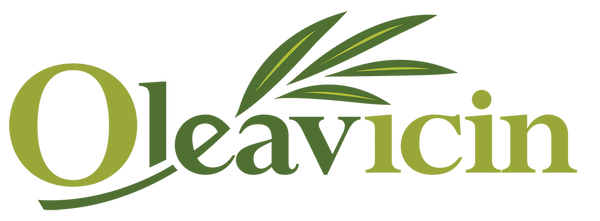Introduction
Oleavicin is a topical gel made from olive leaf extract and other natural ingredients, marketed for treating cold sores, canker sores, and minor skin irritations. Cold sores are prevalent, especially in older adults, and there is no cure for HSV-1. Canker sores have various causes, and anecdotal evidence suggests Oleavicin can provide relief.
